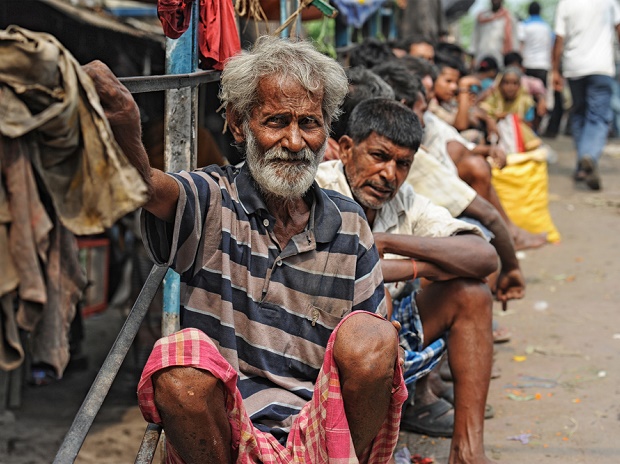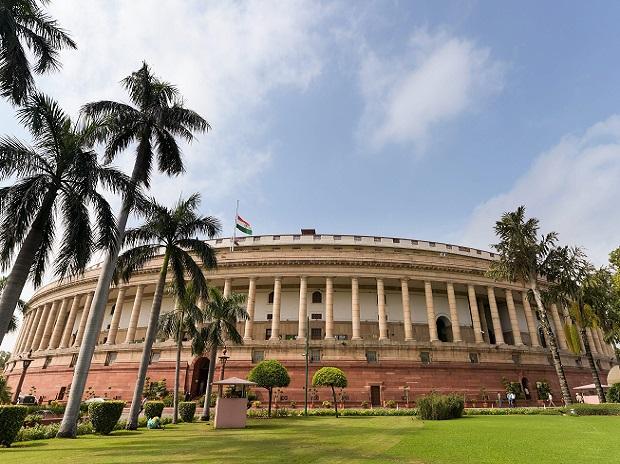Youth unemployment: a scourge of the Covid-19 pandemic economy

As 2020 was dawning, the oldest members of the world's youngest generation - Generation Z - were preparing to emerge into one of the strongest global job markets in decades. That promising landscape was shredded in a matter of months with the onset of the global coronavirus pandemic . Unemployment soared everywhere, but it visited with a fury on the ranks of the youngest workers, often over-represented in service industries like restaurants and travel that were struck hardest by business shutdowns and restrictions on consumer movement and activities. When the pandemic struck in the first quarter of 2020, the youth labor market bracket - 15-to-24-year-olds in most economic statistics - had only just begun to claw back some of their share of the job market lost during the 2007-2009 Great Recession. In the Group of 7 advanced economies, young workers went from accounting for 11.2% of all those employed at the end of 2019 to just 10% at the end of June, according to data from th...


